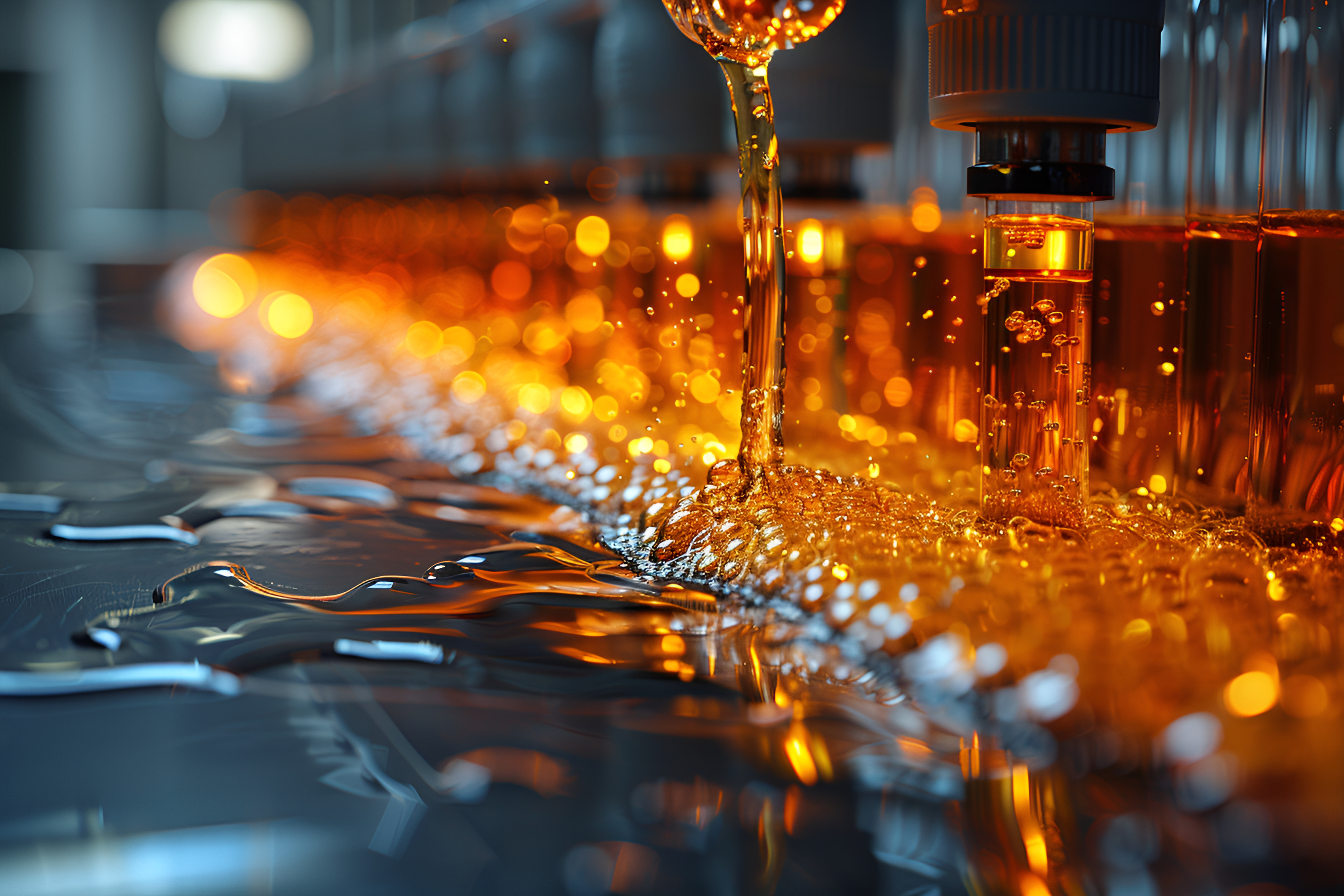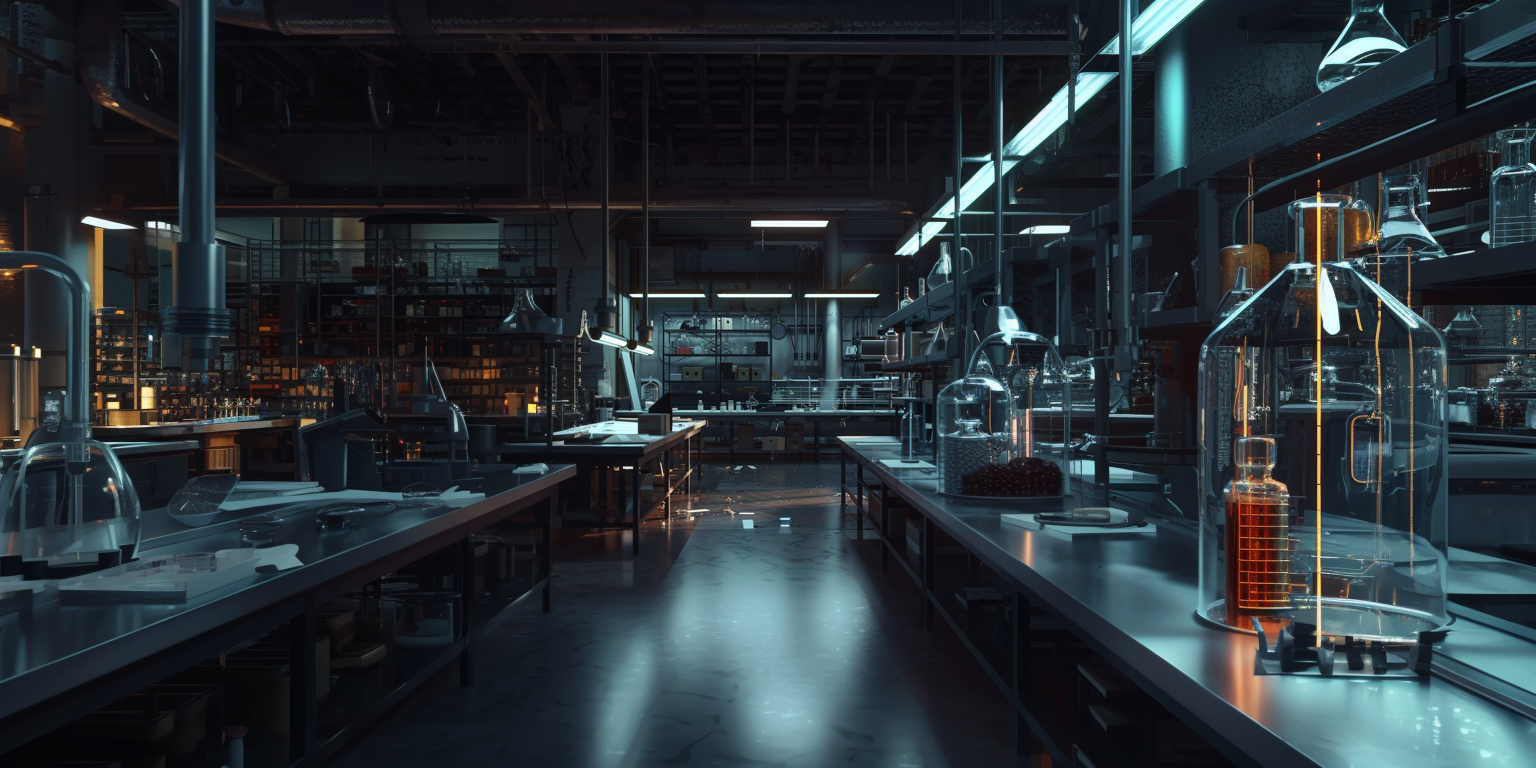Email format error
Email cannot be empty
Email already exists
6-20 characters(letters plus numbers only)
The password is inconsistent
Email format error
Email cannot be empty
Email does not exist
6-20 characters(letters plus numbers only)
The password is inconsistent


The Rise of Industrial Bioadditives: Revolutionizing Industries for a Sustainable Future
In today’s rapidly evolving industrial landscape, the quest for sustainability and efficiency is at the forefront of innovation. Among the many breakthroughs in this arena, industrial bioadditives have emerged as a powerful solution to numerous challenges faced by various sectors, including food production, agriculture, and manufacturing. This blog explores the significance of industrial bioadditives, their applications, benefits, and the promising future they hold for various industries.
Understanding Industrial Bioadditives
Before delving into the specifics, it’s essential to grasp what industrial bioadditives are. In simple terms, these are natural or biological substances added to industrial products to enhance their properties or performance. Unlike traditional additives, which may contain synthetic chemicals, industrial bioadditives are derived from renewable resources, making them more environmentally friendly and sustainable.
The Importance of Bioadditives in Industries
The growing awareness of environmental issues and the need for sustainable practices have compelled industries to seek alternatives to conventional synthetic additives. Industrial bioadditives provide a viable solution by offering:
Environmental Benefits: Bioadditives are typically biodegradable and non-toxic, reducing the environmental impact associated with their use. This characteristic aligns with the growing push for eco-friendly manufacturing processes and products.
Healthier Options: In the food industry, for instance, using bioadditives can enhance the nutritional profile of products without introducing harmful chemicals. Consumers are increasingly seeking healthier options, and bioadditives can help manufacturers meet this demand.
Improved Performance: Industrial bioadditives often enhance the performance of products. For example, they can improve the texture, flavor, and shelf-life of food items or enhance the durability and effectiveness of industrial products.
Regulatory Compliance: Many regions have strict regulations regarding the use of synthetic additives. By opting for industrial bioadditives, companies can ensure compliance with these regulations while still achieving their desired product attributes.
Applications of Industrial Bioadditives
Industrial bioadditives have a wide range of applications across various sectors. Let’s explore some of the key industries where they are making a significant impact.
1. Food Industry
In the food industry, industrial bioadditives play a vital role in improving product quality and safety. Common applications include:
Natural Preservatives: Many bioadditives serve as natural preservatives, extending the shelf-life of products without compromising safety. For instance, extracts from rosemary or green tea are used for their antioxidant properties.
Flavor Enhancers: Bioadditives derived from fruits, vegetables, or spices can enhance flavor without the need for artificial additives, catering to health-conscious consumers.
Nutritional Enhancements: Some bioadditives are rich in vitamins, minerals, or beneficial compounds, making them ideal for fortifying foods and beverages.
2. Agriculture
The agricultural sector is witnessing a transformative shift with the adoption of industrial bioadditives, particularly in the form of biofertilizers and biopesticides.
Biofertilizers: These natural additives help improve soil fertility and promote healthy plant growth. They often contain beneficial microorganisms that enhance nutrient availability and absorption.
Biopesticides: Industrial bioadditives in this category offer an eco-friendly alternative to chemical pesticides. Derived from natural sources, they target specific pests while minimizing harm to beneficial insects and the environment.
3. Personal Care and Cosmetics
The personal care and cosmetics industry is increasingly incorporating industrial bioadditives to meet the demand for natural and organic products.
Skin Conditioning Agents: Bioadditives derived from plants or algae can provide moisturizing and soothing effects in skincare products.
Natural Colorants: Many cosmetics now use natural colorants from fruits, vegetables, and minerals, offering vibrant hues without synthetic dyes.
4. Packaging
Sustainable packaging solutions are gaining traction, and industrial bioadditives are playing a crucial role.
Biodegradable Films: Bioadditives can enhance the properties of biodegradable films, making them suitable for various packaging applications while reducing plastic waste.
Antimicrobial Coatings: Certain bioadditives can be incorporated into packaging materials to provide antimicrobial properties, extending the shelf life of perishable products.

Advantages of Industrial Bioadditives
The rise of industrial bioadditives comes with numerous advantages that benefit both manufacturers and consumers.
1. Sustainability
One of the primary benefits of industrial bioadditives is their contribution to sustainability. By utilizing renewable resources, industries can significantly reduce their carbon footprint and dependence on fossil fuels. This shift is crucial for combating climate change and preserving natural resources.
2. Enhanced Product Quality
Industrial bioadditives can improve the overall quality of products. Whether it’s food, cosmetics, or packaging, the addition of bioadditives can lead to better performance, longer shelf life, and improved sensory attributes. This enhancement is particularly vital in the highly competitive market where product differentiation is key.
3. Cost-Effectiveness
While some may perceive bioadditives as expensive, their long-term benefits can lead to cost savings. For instance, using bioadditives in agriculture can reduce the need for synthetic fertilizers and pesticides, ultimately lowering production costs.
4. Consumer Appeal
With the growing awareness of health and environmental issues, consumers are increasingly favoring products that incorporate natural ingredients. Industrial bioadditives meet this demand, making them appealing to health-conscious shoppers.
Challenges in the Adoption of Industrial Bioadditives
Despite the numerous benefits, the adoption of industrial bioadditives is not without challenges. Some of the key issues include:
1. Regulatory Hurdles
Navigating the regulatory landscape can be complex for manufacturers looking to incorporate bioadditives into their products. Different countries have varying regulations, which can hinder the global adoption of these substances.
2. Limited Awareness
There is still a lack of awareness and understanding among some consumers and manufacturers regarding the benefits and potential of industrial bioadditives. Educational initiatives and outreach are essential to promote their use.
3. Consistency and Quality
Maintaining consistency in the quality and performance of bioadditives can be challenging. Unlike synthetic additives, which can be produced with precision, natural sources can vary in composition and effectiveness.
The Future of Industrial Bioadditives
Looking ahead, the future of industrial bioadditives appears promising. Several trends indicate a growing momentum in their adoption across industries:
1. Innovation and Research
Ongoing research and innovation in the field of biotechnology are expected to lead to the development of new and improved industrial bioadditives. Scientists are continually exploring new sources and applications, which will expand the possibilities for their use.
2. Increased Demand for Sustainable Solutions
As consumers become more environmentally conscious, the demand for sustainable products will continue to rise. This trend will drive manufacturers to seek out and invest in industrial bioadditives as viable alternatives to traditional additives.
3. Collaboration Across Sectors
Collaboration between industries, researchers, and regulatory bodies will play a crucial role in overcoming challenges associated with bioadditives. Sharing knowledge and best practices will facilitate the integration of industrial bioadditives into various sectors.
4. Circular Economy Initiatives
The concept of a circular economy, which emphasizes reducing waste and reusing materials, aligns perfectly with the principles of bioadditives. As industries adopt circular practices, the use of bioadditives will likely become more prevalent.
Conclusion
Industrial bioadditives represent a significant advancement in the pursuit of sustainable and efficient industrial practices. Their applications across various sectors, including food, agriculture, personal care, and packaging, demonstrate their versatility and potential for positive impact. As industries continue to embrace sustainability and consumers demand healthier options, the importance of industrial bioadditives will only grow.
By overcoming existing challenges and fostering innovation, we can look forward to a future where industrial bioadditives play a central role in creating a more sustainable and eco-friendly world. The journey toward this future is just beginning, and the potential is limitless. Embracing industrial bioadditives not only benefits businesses but also contributes to a healthier planet for generations to come.
